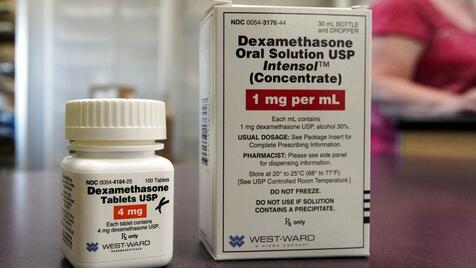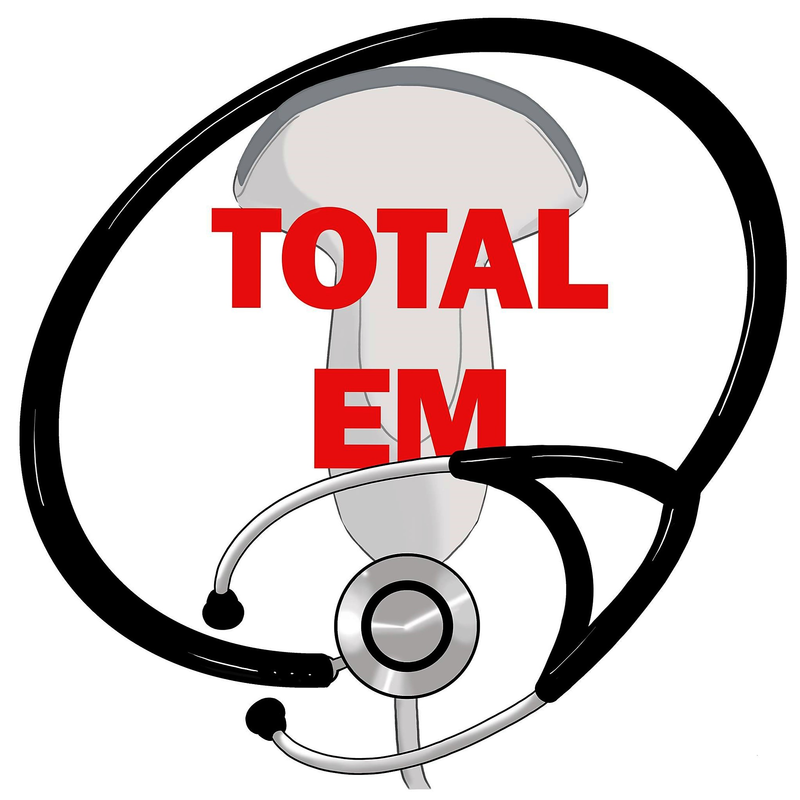|
By now you may have heard of a potential breakthrough in COVID-19 treatment: dexamethasone. The steroid is well known and has been widely used. It is inexpensive and readily available making it a great choice if it proves to be successful. However, do we really have the evidence yet to support its use?
The news regarding dexamethasone for COVID-19 comes only weeks after both The Lancet and the New England Journal of Medicine retracted major papers on COVID-19 after concerns of the validity of the data. The concern came when authors of the papers not associated with Surgisphere called for an independent audit and would not cooperate. This has led to mass audits on other papers. Since that time, Surgisphere has shut off its website and social media accounts.
We have discussed the role of dexamethasone in previous podcasts which include #24 covering single dose dexamethasone in adult asthma, #53 on oral dexamethasone for sore throats, and #121 when discussing the management of croup. While it is a favorite steroid for many conditions, steroids in general have had mixed reviews for a variety of conditions. The evidence around COVID-19 has changed quickly with time that steroids may hold benefit. Dexamethasone has been studied as part of the RECOVERY (Randomised Evaluation of COVid-19 thERapY) trial. There are multiple arms of the trial with one of them being the corticosteroid dexamethasone being given as 6 mg daily for 10 days. Prednisolone 40 mg PO or 80 mg IV twice daily was planned to be administered in pregnant patients. They have now started to recruit children for the low-dose dexamethasone arm. The original press release from the University of Oxford website explains that the recruitment for the dexamethasone arm was halted on June 8, 2020 since the Steering Committee found they had sufficient enrollment to establish a meaningful benefit. Unfortunately the paper has not yet been published, but there is the following quote:
A total of 2104 patients were randomised to receive dexamethasone 6 mg once per day (either by mouth or by intravenous injection) for ten days and were compared with 4321 patients randomised to usual care alone. Among the patients who received usual care alone, 28-day mortality was highest in those who required ventilation (41%), intermediate in those patients who required oxygen only (25%), and lowest among those who did not require any respiratory intervention (13%).
Dexamethasone reduced deaths by one-third in ventilated patients (rate ratio 0.65 [95% confidence interval 0.48 to 0.88]; p=0.0003) and by one fifth in other patients receiving oxygen only (0.80 [0.67 to 0.96]; p=0.0021). There was no benefit among those patients who did not require respiratory support (1.22 [0.86 to 1.75; p=0.14). Based on these results, 1 death would be prevented by treatment of around 8 ventilated patients or around 25 patients requiring oxygen alone. Given the public health importance of these results, the researchers are now working to publish the full details as soon as possible.
The question now remains, what does this mean for us? It implies that dexamethasone is the first drug to improve survival in COVID-19. However, it is worth emphasizing again that there is no published paper yet to critically appraise. Given the recent retractions it is vital to have evidence that can be peer-reviewed and properly analyzed. Many questions are left unanswered in this press release such as what were the exclusion criteria, what was the effect size in different categories, how sick were these patients, how was that defined, and so many more! It is also important to validate the results with further studies, especially ones where the improvement of survival using dexamethasone is the primary outcome in a double blinded randomized control trial. Additionally, it is important to evaluate for potential harms such as if this complicates the recovery process.
Again, it is important to remain skeptical until the evidence can be more completely appraised and to hopefully have validation studies to confirm these findings. Not only in this case, but in all evidence and recommendations whenever possible. Let us know what you think by giving us feedback here in the comments section or contacting us on Twitter or Facebook. Remember to look us up on Libsyn and on Apple Podcasts. If you have any questions you can also comment below, email at [email protected], or send a message from the page. We hope to talk to everyone again soon. Until then, continue to provide total care everywhere.
0 Comments
Leave a Reply. |
Libsyn and iTunesWe are now on Libsyn and iTunes for your listening pleasure! Archives
August 2022
Categories |
||||||


 RSS Feed
RSS Feed